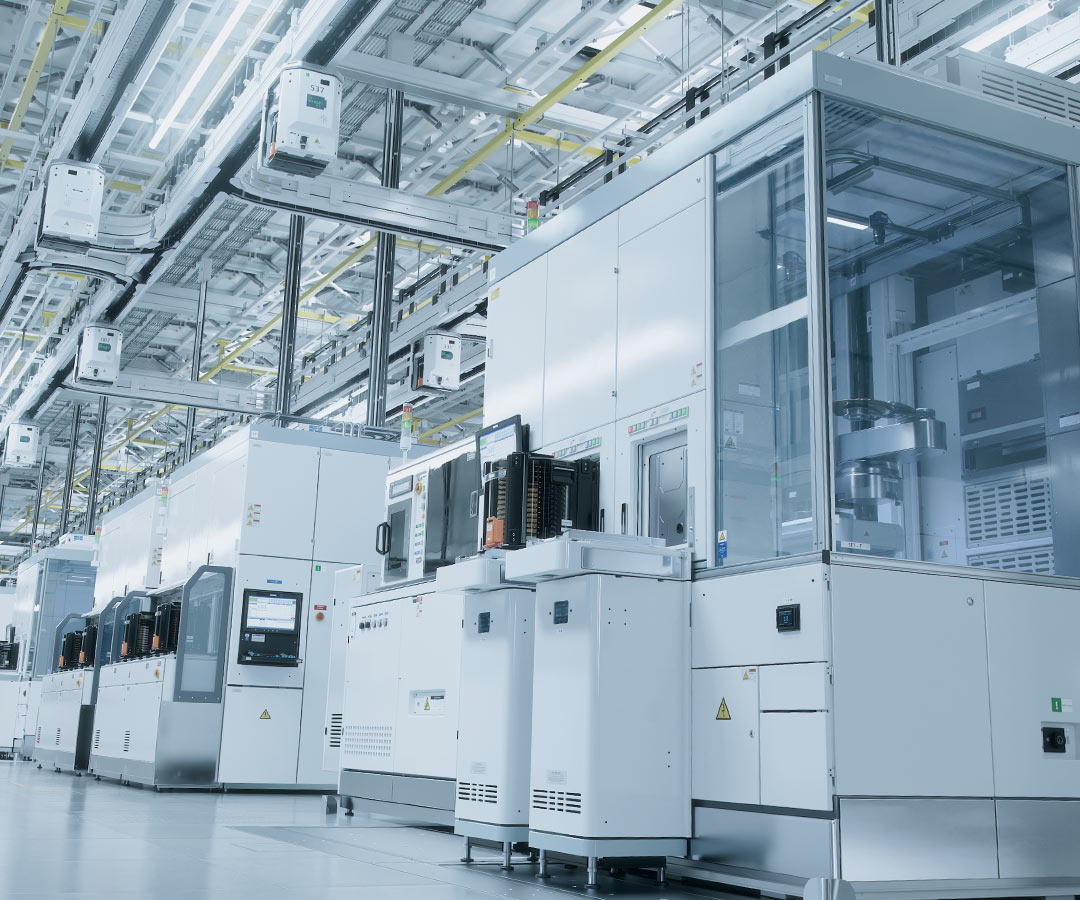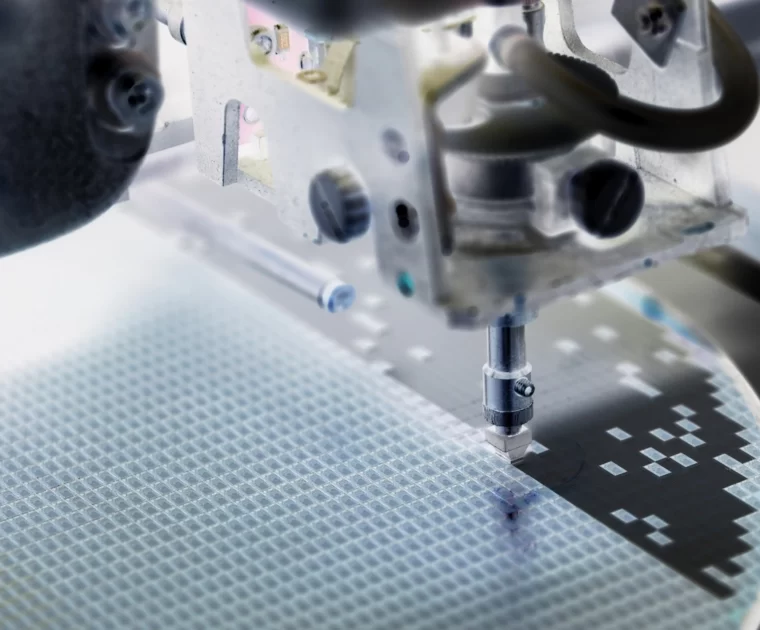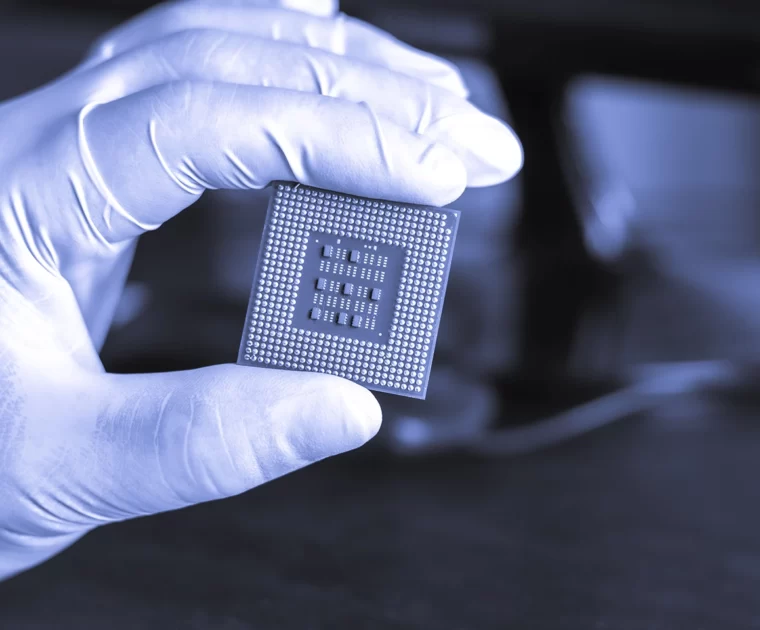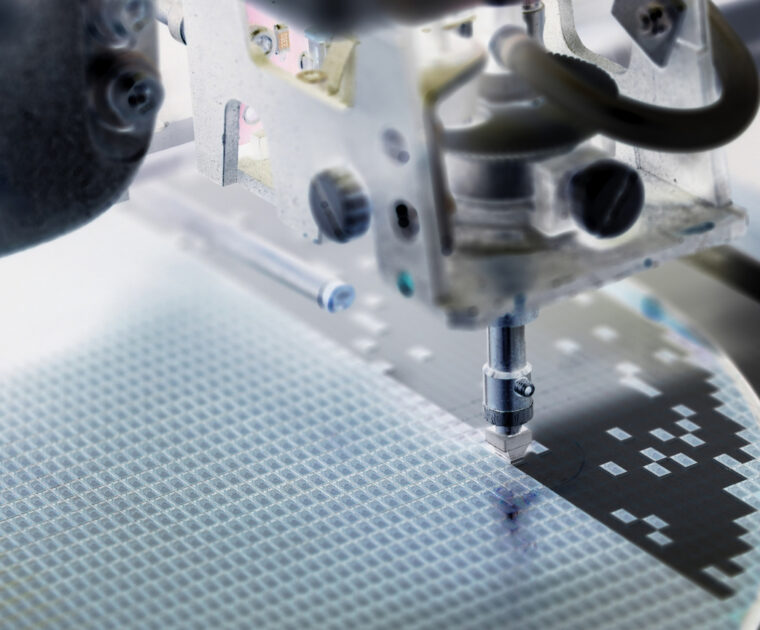Home » Technology »
Existing Ecosystems
Following the Electronics Example
Thanks to wafer-scale technology, electronics have successfully driven down cost per transistor for many decades. This allowed the world to enjoy chips that every generation became smaller and provided exponentially more computing power for the same amount of money.
This scale-up process is how everyone now has a computer processor in their pocket that is millions of times more powerful than the most advanced computers of the 1960s that landed men on the moon.
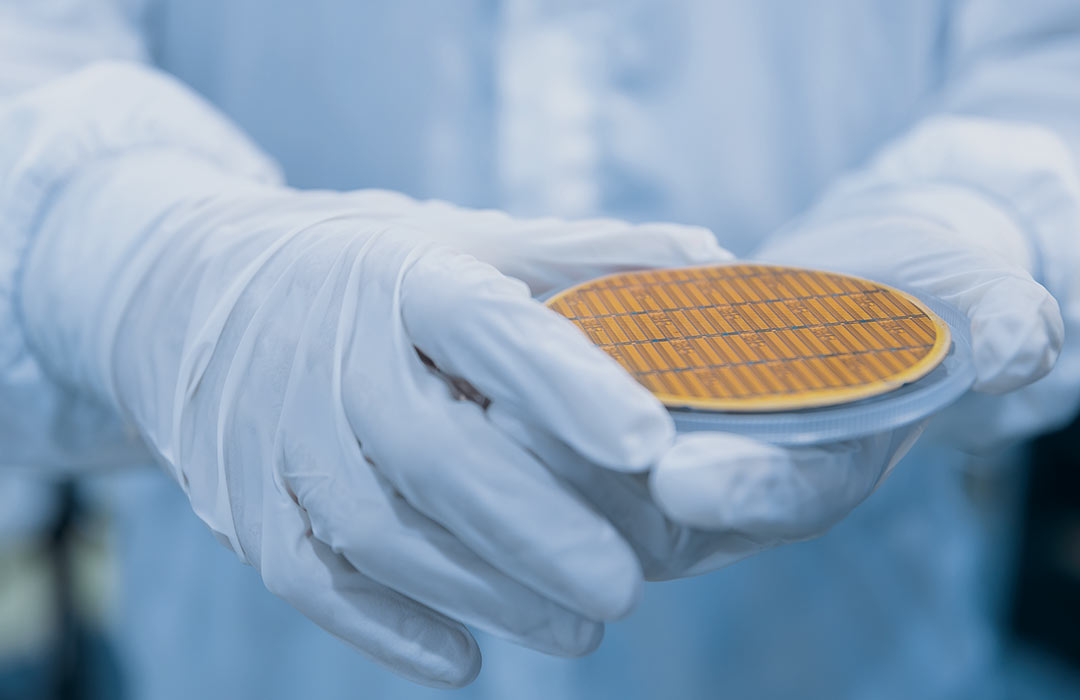
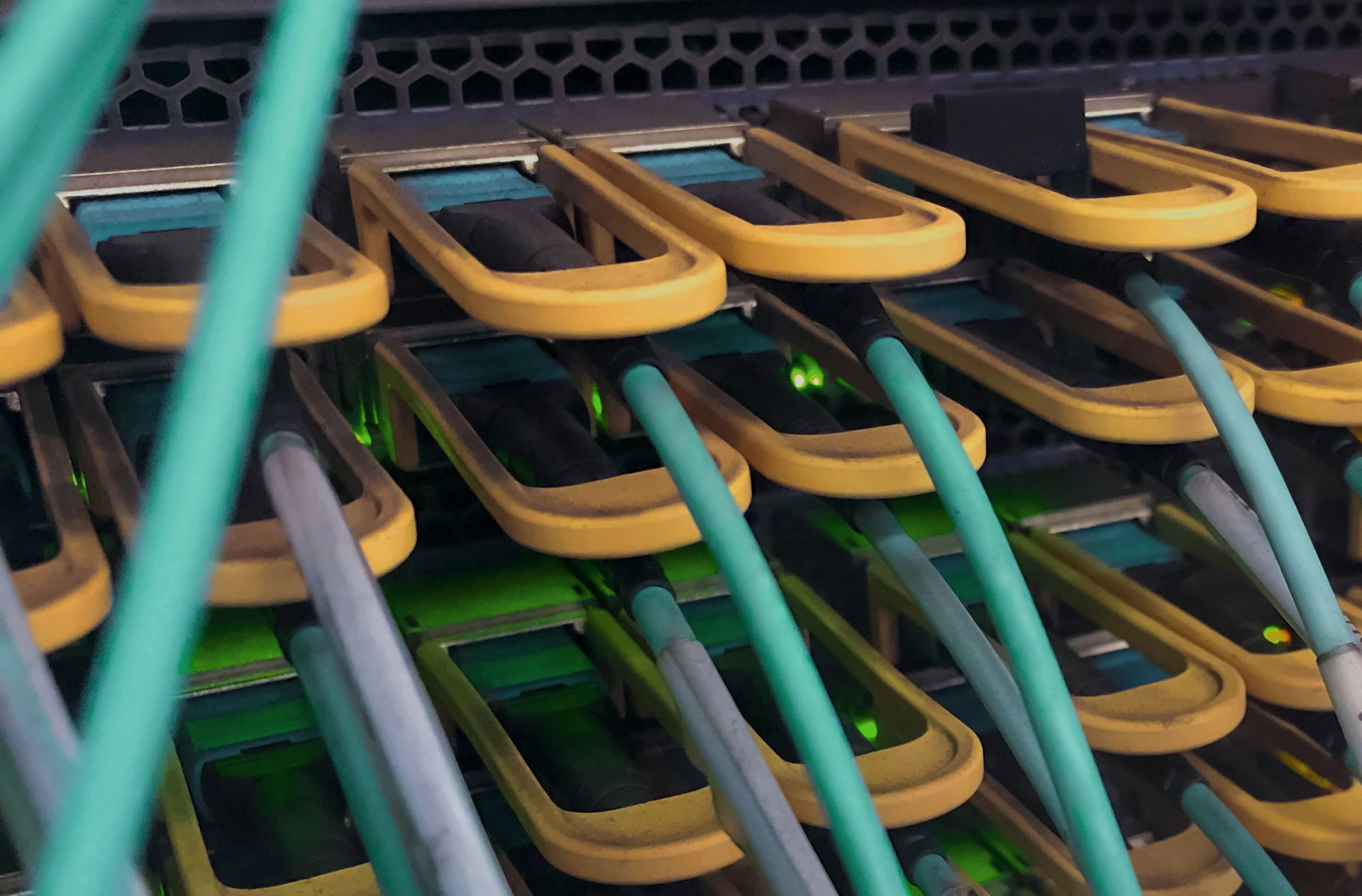
It’s Photonics’ Turn to Scale Up
This progress in electronics integration is a key factor that brought down the size and cost of coherent transceivers, packing more bits than ever into smaller areas. However, photonics has struggled to keep up with electronics, and now the optics dominate the optical transceiver’s cost. If the transceiver cost curve does not continue to decrease, it will be difficult to achieve the goal of making coherent technology more accessible across the entire optical network.
Key Challenges
- Photonic devices must reach manufacturing volumes in the millions to become more affordable
- Photonics packaging needs to become more compatible with electronics packaging
Taking Advantage of Electronic Ecosystems
To have photonics be as easy to use, widespread, and affordable as electronics, it must look like electronics in all senses. We need to buy it from a catalogue, have datasheets that work consistently, be able to solder it to a board, and integrate it easily with the rest of the product design flow.
Key Solutions
- Use a fabless model that reduces the CAPEX required to scale up production. Work with trusted semiconductor fabs and packaging partners with experience providing the required production volumes. Read more about this here.
- Make photonics chips that can survive soldering steps
- Use electronic assembly methods (such as flip-chip bonding or BGA style packages) in photonic sub-assemblies.
